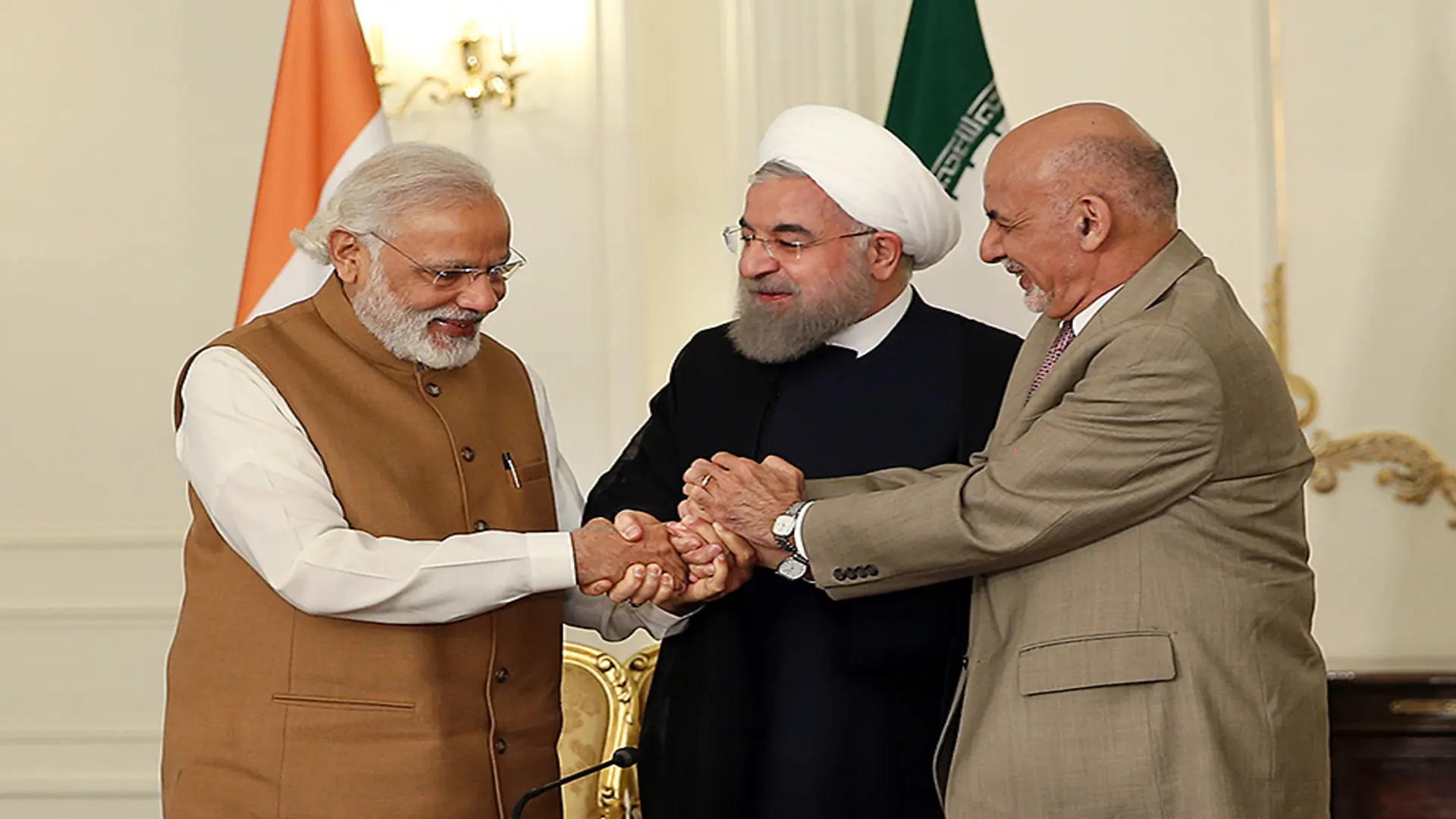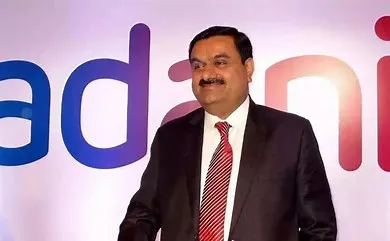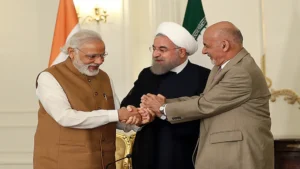The Israel-Hamas conflict, which escalated in October 2023, has significantly impacted India’s economy, especially in terms of oil prices, trade disruptions, and diplomatic challenges. The conflict has caused oil prices to surge by over 6%, adding pressure to India, which imports about 85% of its crude oil. Approximately 44% of these imports come from the Middle East, making India’s energy security particularly vulnerable to regional instability. The rising oil prices have increased India’s import bill and contributed to inflationary pressures, weakening the rupee, which recently fell to around Rs 83.18 per US dollar.
Trade with Israel, Jordan, and Lebanon has also taken a hit. Between January and July 2024, India’s exports to Israel fell by 63.5%, while exports to Jordan and Lebanon declined by 38.5% and 6.8%, respectively. This disruption affects critical sectors like diamonds, basmati rice, and chemicals. Additionally, the surge in war-risk insurance premiums, which have risen nearly tenfold for ships travelling to Israeli ports, is further increasing shipping and logistics costs.
India’s diplomatic stance is delicate, balancing its growing relationship with Israel, particularly in defence and technology, against its historical support for Palestine. India’s ties with Gulf nations, which supply the majority of its oil, also necessitate careful navigation to avoid jeopardising energy security. Ongoing geopolitical tensions could complicate India’s strategic investments in the India-Middle East-Europe Economic Corridor (IMEC), a critical infrastructure project.
As the conflict continues, India’s economy faces rising inflation, disruptions in global supply chains, and potential setbacks to its projected GDP growth, which was initially forecasted at 6.3% for 2023-24.
Impact on oil prices and logistics
India, as the world’s third-largest oil importer, is highly sensitive to disruptions in the Middle East, particularly in its energy and logistics sectors. Since the escalation of the Israel-Hamas conflict in October 2023, oil prices have risen by approximately $4 per barrel, with Brent crude now hovering above $90. This uptick is expected to persist, especially if tensions in key transit routes like the Strait of Hormuz intensify. The Strait is critical, as around 20% of global oil, including much of India’s supply, passes through it.
Moreover, the conflict has escalated risks in the Indian Ocean, with Yemen’s Houthi rebels increasingly targeting commercial vessels in the Red Sea. Shipping companies, such as Maersk and Hapag-Lloyd, have already paused operations in the region due to the dangers posed by missile and drone attacks. These interruptions lead to rising insurance premiums and longer shipping times, increasing overall logistics costs for Indian importers and exporters. For example, diverting ships around Africa’s Cape of Good Hope to avoid conflict zones adds up to 12 days to transit times and significantly raises fuel and operational costs.
Impact on trade
India’s trade with West Asia has experienced a sharp decline due to the conflict. Between January and July 2024, India’s exports to Israel dropped by 63.5%, and exports to Jordan and Lebanon decreased by 38.5% and 6.8%, respectively. India exports key commodities to these nations, including basmati rice, gems, and fabrics, while importing chemicals, fertilizers, and high-tech products.
Diplomatic and strategic ramifications
India has carefully balanced its diplomatic relations with both Israel and Palestine. Over the years, India has strengthened its ties with Israel, particularly in areas like defence, technology, and agriculture. At the same time, India has consistently supported the Palestinian cause, advocating for a two-state solution. During a recent UN Security Council debate, India’s Deputy Permanent Representative, R. Ravindra, reiterated the country’s stance, calling for de-escalation and an increase in humanitarian aid.
Despite its $7 billion trade relationship with Israel, India’s consistent support for Palestinian humanitarian efforts highlights its efforts to maintain diplomatic balance. The spillover of the Israel-Hamas conflict into Lebanon and Syria complicates this further, as India must manage its economic and energy ties to the Middle East.
Also read: Farooq Abdullah Urges Peace in J&K As Protests Continue Against the Killing of Hezbollah Chief
Economic projections
The volatility in global oil prices, exacerbated by the conflict, is expected to affect the Indian rupee and broader economic stability. India, which imports around 85% of its crude oil, is particularly vulnerable to price fluctuations. Rising oil prices have increased India’s import bill and have already caused the rupee to weaken. This weaker currency pushes up the cost of oil imports, leading to higher fuel prices domestically and an increase in logistics costs.
Overall, if oil prices continue to rise, India’s fiscal deficit and trade balance are expected to deteriorate, increasing pressure on government finances and foreign exchange reserves.













